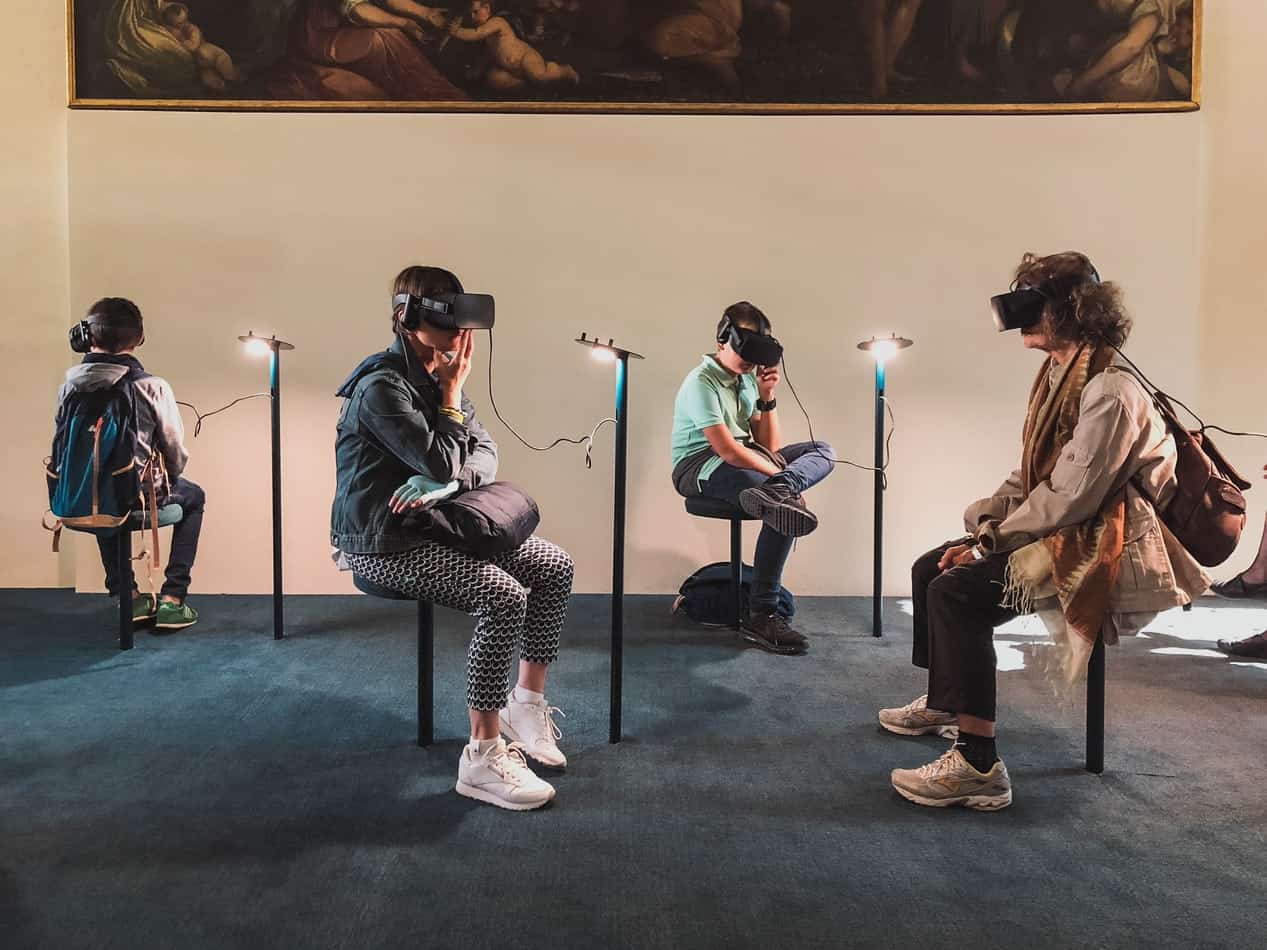
How to build your brand and host virtual events in a locked down world
2020 was set to be a stellar year for sports fans – the Olympic Games and football’s European Championships were a recipe for a sizzling summer.
Following the cancellation of both events, along with stalwarts like Wimbledon and the Grand National, we are left hoping that golf’s Ryder Cup and cricket’s Twenty20 World Cup scheduled for later this year don’t follow suit.
Anyone working in B2B tech PR and marketing will be well aware of the huge impact the pandemic has had on major technology events. The Mobile World Conference in Barcelona – the world’s largest mobile technology showcase – was cancelled in February after several high-profile exhibitors pulled out of the annual event, citing coronavirus fears. And last week, Infosecurity Europe, set to be held at London Olympia in the first week of June, was postponed.
Events, conferences and seminars are one of the most important channels for companies to meet with customers and prospects. In a survey of more than 1,000 mid-level and senior marketers, 41% considered live events to be the most critical marketing channel. The number of companies organising at least 20 events each year increased by 17%. Almost all said in-person events are valuable opportunities to form connections in an increasingly digital world.
It is unsurprising, therefore, that they consume a huge amount of annual marketing budgets. So, in a world in which we are being prevented from seeing people in person, how can companies continue to engage with their most important stakeholders?
Virtual conferences
We are all becoming accustomed to using video conferencing to keep in touch with colleagues and clients. It may well be possible that, once restrictions on movement and global travel are lifted, firms take the view that limiting journeys is an effective way of reducing costs while aiding efforts to minimise environmental impact. Recent media reports suggest that Microsoft has already taken the decision to move all its events, at least until end 2020, to digital rather than in-person.
You don’t have to have Microsoft-sized budgets to follow suit. The accessibility and minimal costs of virtual meeting platforms – as well as the fact you don’t have to leave the comfort of your own home – means that they can be used to facilitate a conference of customers and prospects from across the globe.
When starting to think about organising your first virtual event, agree on the objectives, what success looks like and the key themes that will be discussed. This will help you to tailor the content to be communicated to delegates via independent, expert speakers and takeaways such as e-books and whitepapers. The quality and variety of this content is vital to making your event stand out from the competition.
Make sure that you maximise your social channels – before, during and after the event. Once you’ve created a conference microsite and hashtag, promote them via Twitter and LinkedIn to attract delegates. During the conference think about how best you can promote content socially, perhaps using infographics and audio files. Maximise the social networks of your speakers, many of whom will have high follower numbers and an influential audience. Ask them to publicise their involvement and share their opinions on other presentations during the event.
Media are another key stakeholder when considering invitees. Journalists, particularly those writing for B2B publications, are still looking for stories and would have been relying on the cancelled events to source fresh content. Think about how you can use a virtual conference to release news and arrange briefings with your key spokespeople, either on a one-to-one basis or in the form of an online press conference.
Virtual roundtables
Roundtable events are a great way of raising brand awareness and communicating key messages to media and prospects. The cost-effective method enables your brand to lead a panel of experts discussing a subject of your choice, and if executed well, results in favourable press coverage and even new business leads.
Babel has already had huge success in arranging virtual roundtables involving multiple companies. The process is just the same as a physical roundtable – a number of spokespeople are gathered on the line ready to talk about a particular topic. The tactic is very attractive from the journalist’s perspective – instead of arranging several interviews with a range of companies, they have access to numerous spokespeople offering comment on a relevant issue.
The Babel team recently secured a great piece of coverage in the sports section of the Mail Online discussing the future of stadium technology. This came about because we set up a discussion with a Mail journalist and three of our clients. The resulting coverage attracted numerous comments and was shared multiple times, providing huge brand awareness for the companies involved.
Please get in touch with the Babel team to find out how we can help your virtual event needs during these difficult times.





